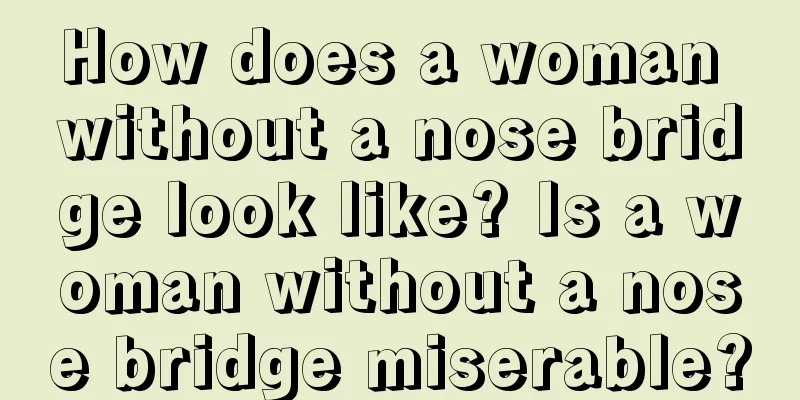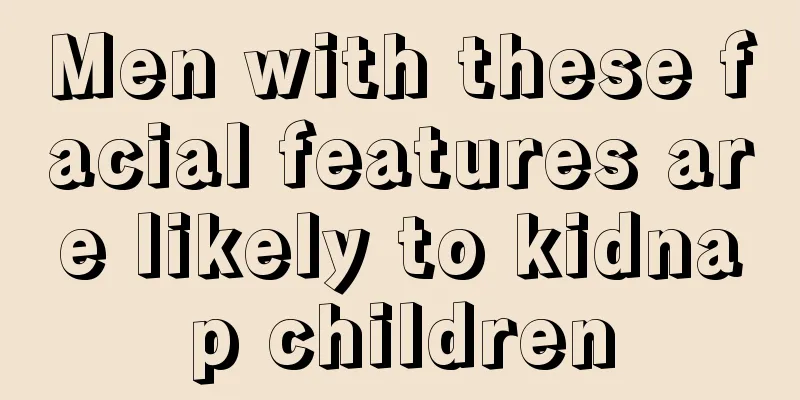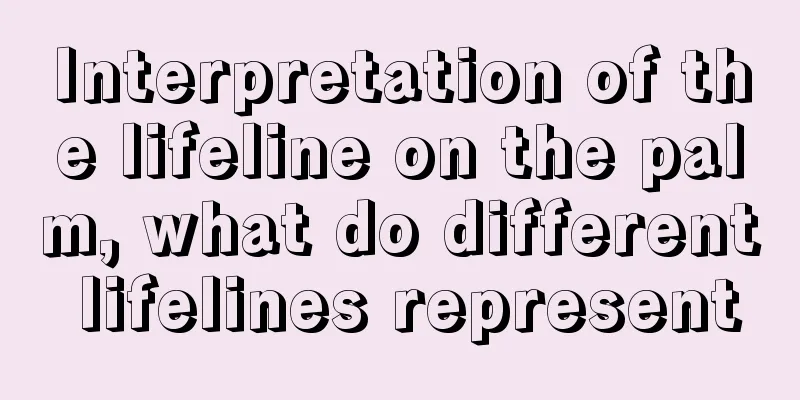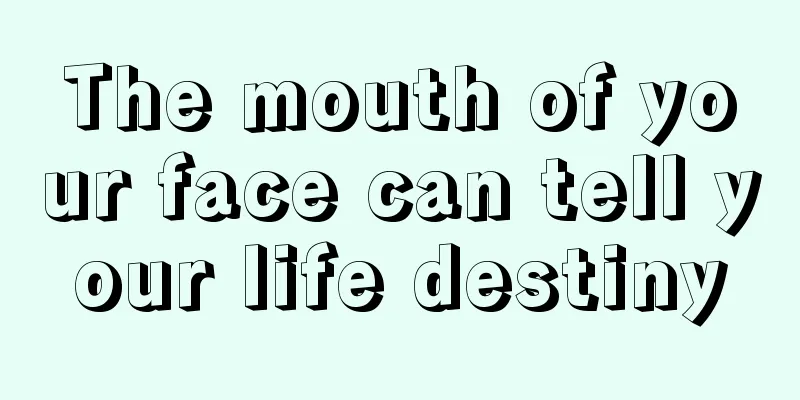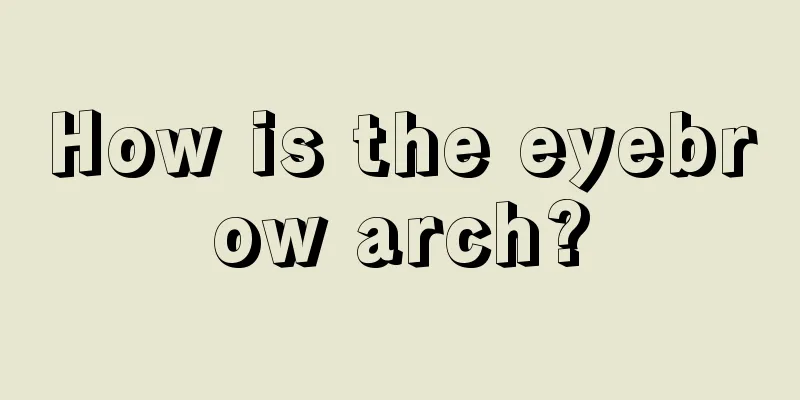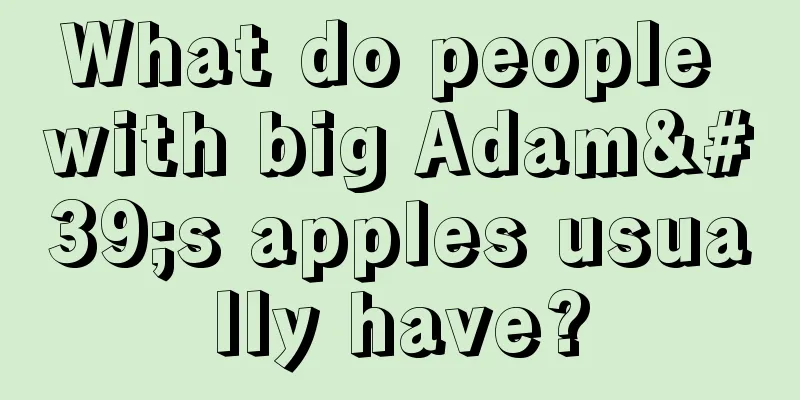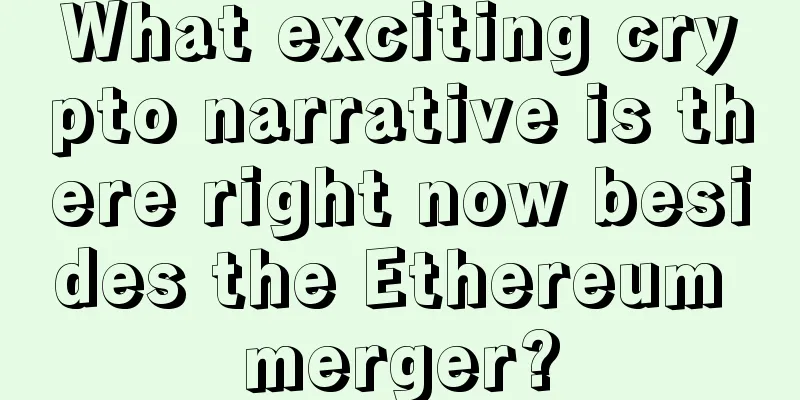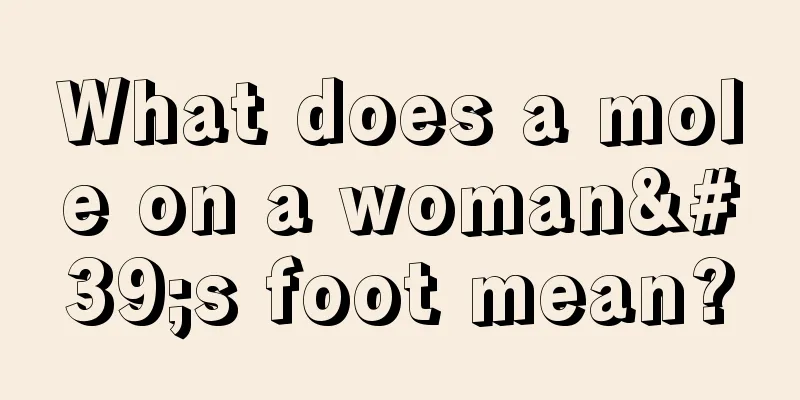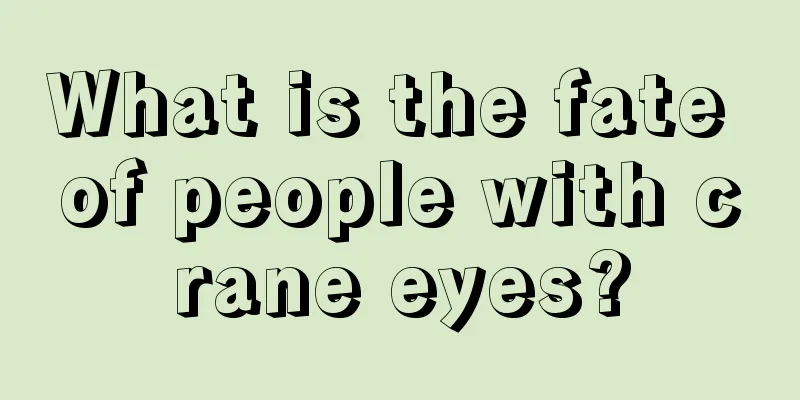Blockchain: A dream shared by bankers, police and regulators?
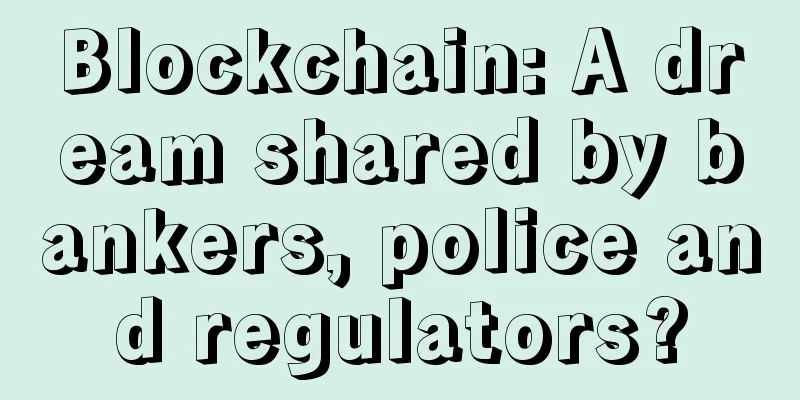
|
In January 2016, mainstream banks and technology companies began to publicly announce the use of blockchain-related technologies to revolutionize their business models. Contrary to the overthrow of the status quo advocated by many Bitcoin enthusiasts, the early blockchain industry wants to make the work of governments and enterprises more efficient. However, Bitcoin enthusiasts were originally composed of many anarchist and anti-establishment individuals, and these individuals and organizations are increasingly supporting the integration of blockchain with the existing "establishment". Early Bitcoin supporters often blindly believed that Bitcoin would dismantle the modern financial system controlled by governments and significantly reduce government taxes and bank transfer fees. Blockchain participants are not very interested in destroying existing rights structures, but rather in adjusting and optimizing these structures. Chris Kitze, CEO of Safe Cash Payment Technology, was more pertinent after investigating how blockchain technology could help regulators and the legacy financial industry. He even went so far as to say that Bitcoin is illegal. At the recent Bitcoin Conference in Los Angeles on March 7, he said:
KYC and AML refer to “Know Your Customer” and “Anti-Money Laundering” respectively. These are requirements for banks or financial institutions that have cash flow. If you are a money service business (MSB) or money transmitter (MT), you must follow the legal requirements to identify the customers of your business. All that is usually required is a government-issued ID, proof of address, such as an electric bill, social security, name, and some other information – measures that Bitcoin enthusiasts often scorn. In the United States, these requirements are similar to those in the European Union. In some cases, financial transactions must even be reported to government agencies. Kitts said:
Kitts also shared a case study of one of his clients exploring blockchain adoption. He said:
Christa Steele, former CEO of Mechanics Bank and a board member, founder and manager of a consulting firm, believes that blockchain technology can be used to disrupt criminal systems. She asked the audience at the Blockchain Summit:
She shared a personal use case with her husband, who is a member of law enforcement. She regretted:
John Wolpert, product manager at IBM Blockchain Technologies, shared his vision for using blockchain in real life. He said:
A lot of people are talking about blockchain regulation. Most of the time they are thinking about [regulation in blockchain-based banking systems].
IBM’s global head of blockchain supply said:
Walport also mentioned that if he had to choose anywhere other than Los Angeles, he would choose Washington.
Original article: https://www.cryptocoinsnews.com/blockchain-bankers-officers-regulators/ |
<<: Will Bitcoin be as short-lived as the popular simulation game "Second Life"?
Recommend
What kind of people get angry easily?
I believe that everyone does not like to get alon...
What are the facial features of unlucky women?
In physiognomy, a woman with thin ears, narrow fo...
The face of getting rich overnight explains what kind of people will get rich overnight
Everyone hopes to become rich overnight, but such...
It’s going to explode! Judging a woman's marriage from her nose
The nose represents the "husband star" ...
What kind of people are likely to create miracles?
A miracle is something that is extremely difficul...
The most vicious people have the scariest faces and many ways to do things
If a person has no humanity at all and does thing...
Coodi Coffee Argentina Team Cooperation 1 Yuan Special Offer Limited Time Purchase
As a new brand in the Chinese coffee market, COTT...
What do rich people look like?
In physiognomy, the facial features of rich peopl...
Analysis of the disadvantages of the Sichuan character pattern
In physiognomy, there is the concept of the twelv...
Bitcoin Price Weekly Analysis: The Big Picture for BTC/USD
(The original article was published at 9:00AM 201...
Hair Girls' Fate Is it Good for Women to Have Thin Hair?
People's fortune is affected by many factors....
Analyze what kind of face is rich
Whether we are rich or not in this life has a lot...
Facial features that may lead to fame
Facial features that may lead to fame What is the...
What does it mean if there are horizontal lines on the bridge of the nose?
As we age, various problems will arise in all asp...
Is it good to have beauty spots on both sides of the nose? What does it mean?
Since moles leave countless traces on people'...
